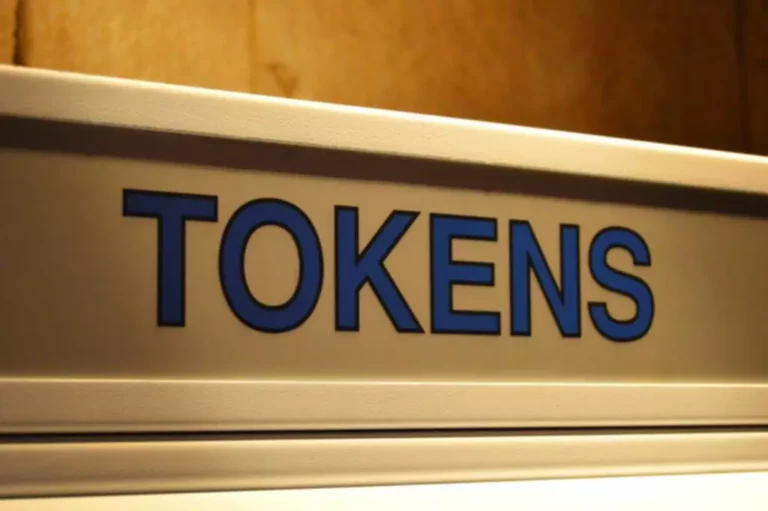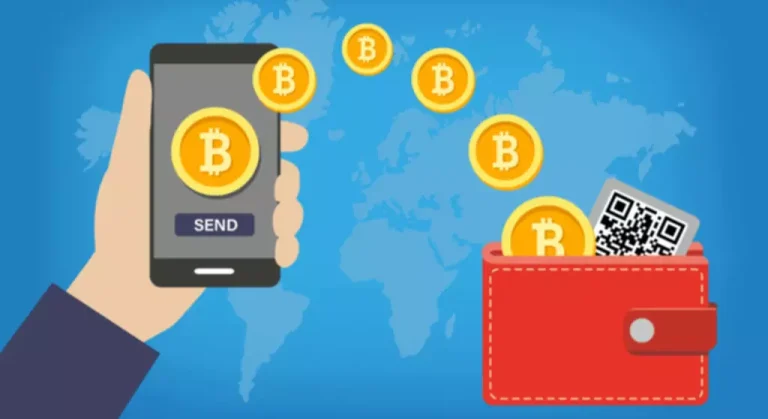Content
However, the landscape of blockchains and smart contracts is still nascent, and developers must face a variety of limitations as they look to build out the vision of the verifiable web. Because blockchain smart contract they run on top of blockchains, smart contracts are automatically and deterministically executed exactly as programmed. In the context of enforcement, this hypothetically means that no party involved in a smart contract transaction can change its outcome or renege on terms outlined in a smart contract.
What Are the Four Major Parts of a Smart Contract?
The articles and research support materials available on this site are educational and are not intended to be investment or tax advice. All such information is provided solely for convenience purposes only and all users thereof should be guided accordingly. However, challenges such as legal and regulatory considerations, standardization issues, and smart contract vulnerabilities exist. This transparency fosters a sense of trust, as no party can alter the contract after it is written, and every contractual action is https://www.xcritical.com/ traceable. This reduction in paperwork not only saves time and money but also decreases the chance of manual errors and misinterpretations that can lead to costly legal disputes. This is because changing even a single bit of a smart contract’s data would result in a completely different hash output, making any alteration quickly detectable and preventing fraudulent activities.

Is there any other context you can provide?

Such as the transfer of property, general employment contracts, non-disclosure agreements, licensing contracts, and more. Smart contracts are the perfect fit for finance, an industry bogged down with labor-intensive manual processes. Anybody who has ever purchased a home knows the painstaking amount of paperwork and processes involved. Proof of space Smart contracts can help to simplify these routine business processes in many ways.
Challenges of Smart Contracts on Blockchain
Growers, distributors and retailers can build trust and make our food safer, by enhancing visibility and accountability in every step of the food supply.
Join our free newsletter for daily crypto updates!
Popular dapps will often post their smart contract audit results in the footer of their website, providing confidence to users who don’t have the time or expertise to check its code themselves. Likewise, simple bad code can render smart contracts effectively useless. This was seen with the August 2020 collapse of the DeFi yield farming project known as YAM, which used unaudited smart contracts and was thwarted by a critical bug that nullified its governance feature. A smart contract on its own can only be used for one type of transaction. A dapp, however, can bundle multiple smart contracts together to do more sophisticated things.
Smart contracts are fundamental building blocks of the blockchain and crypto space. As blockchains gained in popularity, smart contracts began to flourish — especially with the emergence of Ethereum, one of the most popular blockchains that supports smart contracts. The Home Depot uses smart contracts on blockchain to quickly resolve disputes with vendors. Through real-time communication and increased visibility into the supply chain, they are building stronger relationships with suppliers, resulting in more time for critical work and innovation. If adoption of blockchain technology continues to grow, smart contracts may become more popular as well.
Smart contracts have the potential to transform the insurance industry by automating policy issuance, claims processing and premium payments. By using smart contracts, insurers can streamline operations, reduce paperwork and provide faster and more transparent services to policy holders. Smart contracts undoubtedly offer the world a safer, more verifiable way of creating societal agreements that involve the transfer of value and data.
- Smart contracts function on the principle of “if/when … then …” statements.
- The legal status of smart contracts is still unclear in many jurisdictions, and there are questions about how they would be treated in court.
- Every smart contract is visible to all parties involved, and all transactions are recorded on the blockchain.
- Once the view count reaches a certain number, the smart contract can automatically trigger a payment to the content creator’s digital wallet, eliminating delays and reducing administrative overhead.
- Behind the lovely UX and UI interfaces of mobile devices, these apps are performing a specific set of instructions as laid out by their creator.
A smart contract is a set of promises, specified in digital form, including protocols within which the parties perform on these promises.” Though creating a smart contract will require some coding knowledge, understanding how they work is simple. On the other hand, centralised blockchains are controlled by a single entity. This allows the entity to manage the transactions on the chain, approving, cancelling or reversing at will. Centralised blockchains are often used in private settings where a single entity requires complete control over the system.
The platform’s security, decentralisation and community have made it a leading choice for developers leveraging smart contract capabilities. Smart contracts can handle straightforward, coded conditions but lack the human judgment and comprehensive legal knowledge lawyers offer. So, while lawyers might use smart contracts to improve efficiency in some areas, their broader roles in the legal system remain indispensable.
Many of these hurdles might be addressed and overcome as technology and frameworks develop. Familiarize yourself with today’s top blockchain use cases and industry applications. Smart contracts are performed automatically by the network and reduce the need for a third party to manage transactions between businesses. Governance contracts enable decentralized decision-making within a blockchain network or organization.
Despite the name, smart contracts are not legally binding contracts. Their main function is to programmatically execute business logic that performs various tasks, processes or transactions that have been programmed into them to respond to a given set of conditions. Legal steps must be undertaken to link this execution to legally binding agreements between parties. A smart contract is a special kind of program that encodes business logic that runs on a special-purpose virtual machine baked into a blockchain or other type of distributed ledger. Smart contracts function on the principle of “if/when … then …” statements. These statements are written into the code and when certain predetermined conditions are met and verified by the network of computers, or nodes, the actions specified in the contract are executed.
This self-execution dramatically streamlines contract enforcement and helps reduce costs and inefficiencies. These smart contracts don’t just ‘execute’; they enforce the rules of the agreement, too. For example, if an American company wanted to purchase goods from a European company, the whole process could be fully automated through smart contracts.
Nothing contained herein shall constitute a solicitation, recommendation, endorsement, or offer by Crypto.com to invest, buy, or sell any coins, tokens, or other crypto assets. Returns on the buying and selling of crypto assets may be subject to tax, including capital gains tax, in your jurisdiction. Any descriptions of Crypto.com products or features are merely for illustrative purposes and do not constitute an endorsement, invitation, or solicitation.
Smart contracts are used to manage and enforce intellectual property rights such as copyrights and patents. Real estate transactions, stock and commodity trading, lending, corporate governance, supply chain, dispute resolution, and healthcare are only a few examples where smart contracts are theorized to have use. By joining we.trade, the trade finance network convened by IBM Blockchain, businesses are creating an ecosystem of trust for global trade. Because smart contracts are digital and automated, there’s no paperwork to process and no time spent reconciling errors that often result from manually completing documents. Smart contracts work by following simple “if/when…then…” statements that are written into code on a blockchain. A network of computers executes the actions when predetermined conditions are met and verified.

